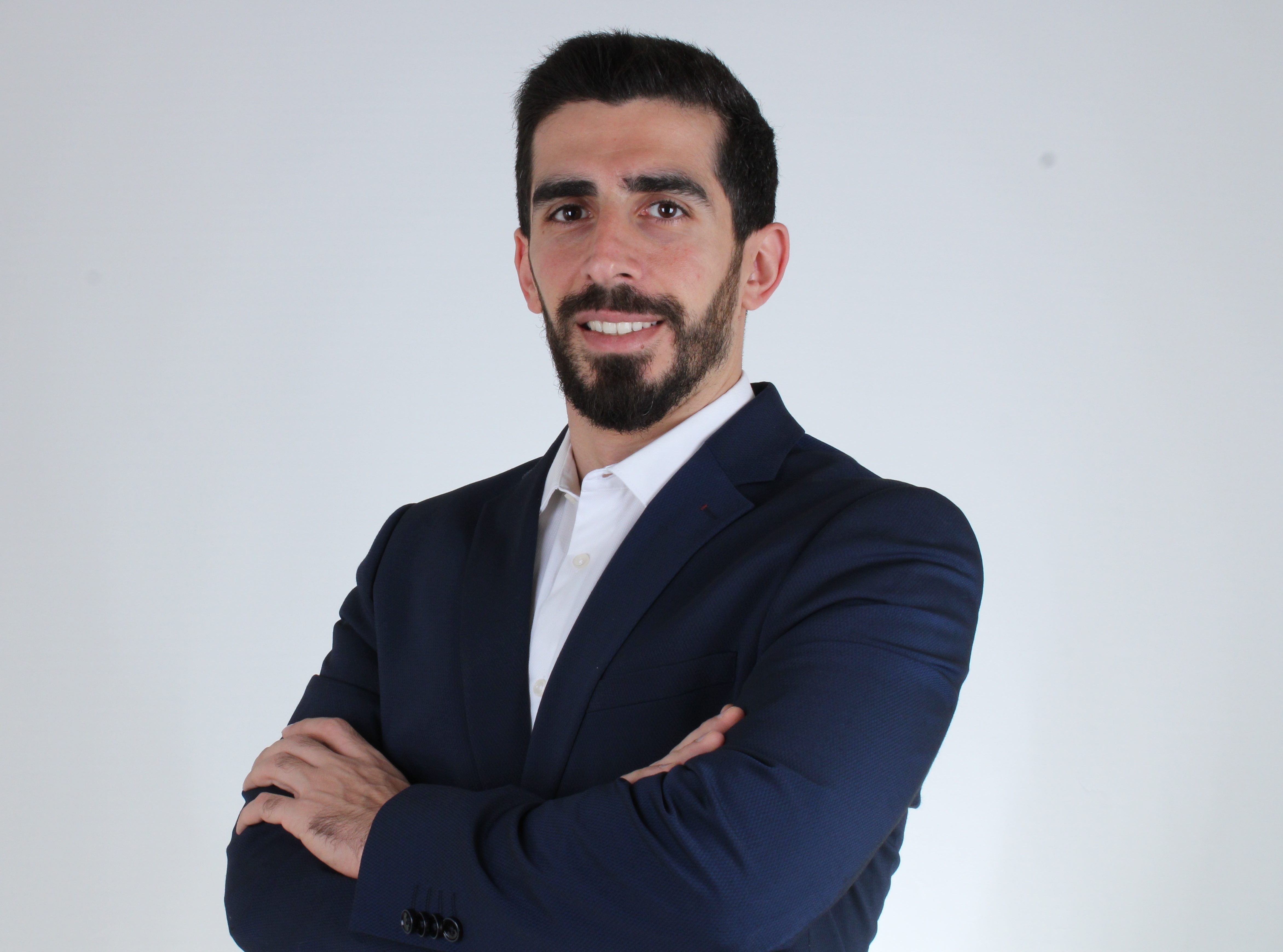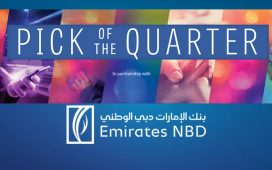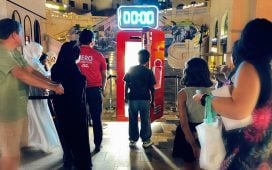 Ramadan, the holy month, is a time of reflection, devotion and celebration for people around the world. In Saudi Arabia and the United Arab Emirates, the month is marked by increased programming on TV and OTT platforms, with content aimed at entertaining and educating audiences of all ages. Ramadan is a time when families come together and enjoy each other’s company and watch TV shows and dramas specifically created for the occasion.
Ramadan, the holy month, is a time of reflection, devotion and celebration for people around the world. In Saudi Arabia and the United Arab Emirates, the month is marked by increased programming on TV and OTT platforms, with content aimed at entertaining and educating audiences of all ages. Ramadan is a time when families come together and enjoy each other’s company and watch TV shows and dramas specifically created for the occasion.
During Ramadan, TV remains the primary source of entertainment for many families in KSA with a reach of 97%; broadcast networks offer special programming to meet the demand. This includes series (53% market share), social programs (18% market share), religious programs (6% market share), and live broadcasts of prayers from mosques across the country. Popular TV Groups like MBC (48% market share), Saudi TV (20% market share) and Rotana (9% market share) are known for their high-quality Ramadan productions, which often attract millions of viewers each night. Locally produced TV programs are popular among Saudis. Some of them, like “Al Aasouf”, “Shabab Al Bomb” and other programs became associated with the holy month of Ramadan. Moreover, Khaleeji dramas are regarded as an essential component of the annual Ramadan television schedule in KSA.
In the UAE, Ramadan TV and media behavior vary between local Emiratis and Arab expats. Local Emiratis have a strong attachment to traditional Ramadan shows that reflect their customs and culture. For instance, Emirati TV program “Shaabiat Al Cartoon” on Sama Dubai is one of the most popular programs during the holy month. This show is highly associated with the month of Ramadan and revolves around family and social themes that reflect local Emirati values and beliefs. Furthermore, local media channels like Abu Dhabi TV (15% market share), Dubai TV (15% market share), Sama Dubai (12% market share), Al Emarat TV (10% market share) and Sharjah TV (6% market share) create and promote content that highlights Emirati culture, customs and traditions during Ramadan.
For Arab expats, TV viewership during Ramadan tends to increase significantly (from 3 hours and a half before Ramadan to almost 5 hours during the holy month), as many people spend more time at home with their families and friends. Arab expats have a wide range of options regarding Ramadan TV and media behavior. They tend to choose from programs that are broadcasted locally in the UAE, from their home countries or on Pan Arab TV channels, with MBC 1 (17% market share), Abu Dhabi TV (17% market share) and Dubai TV (17% market share) being the most watched TV channels. The most popular Arab dramas during Ramadan are Egyptian, Syrian, and Gulf productions, and in the past few years, Syrian-Lebanese series share of viewership started to grow too.
However, with the rise of regional OTT platforms like Shahid (36% in KSA and 28% in UAE usage during Ramadan), the traditional TV landscape is rapidly changing. These platforms are attracting the young, tech-savvy audience who are looking for on-demand content tailored to their needs and preferences. During Ramadan, these platforms offer a diverse range of content and, more importantly, the possibility to catch-up on missed TV content, which can be watched on any device at any time and, more specifically, post-iftar between 7 pm and 2 am.
Another popular trend during Ramadan in KSA and UAE is using social media to share content and engage with others. Residents in both countries use platforms such as Twitter, Instagram, and YouTube to share their experiences, offer advice and tips, and spread messages of hope and inspiration. These social media platforms offer a unique way for people to connect and share their thoughts and feelings during the holy month.
In conclusion, Ramadan is a special time in KSA and UAE, and both TV and OTT platforms play a vital role in bringing communities together. With the rise of new technologies and platforms, the traditional TV landscape is rapidly changing, offering audiences a range of options for entertainment and education. Regardless of the platform, the message remains the same: Ramadan is a time for unity, reflection, and devotion, and both TV and OTT are important tools for spreading this message to people around the world.
By Raed Harb, research director, audience measurement, UAE and Qatar, Ipsos









